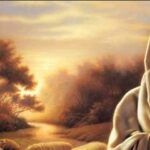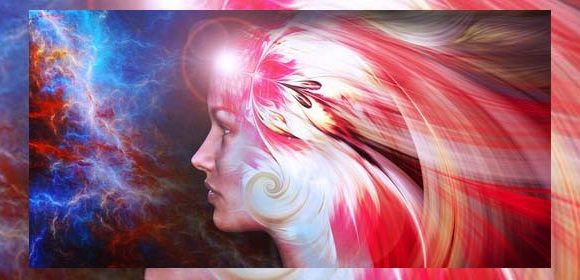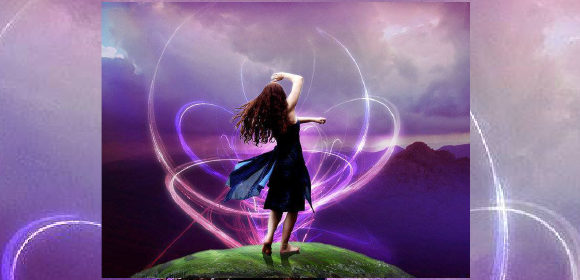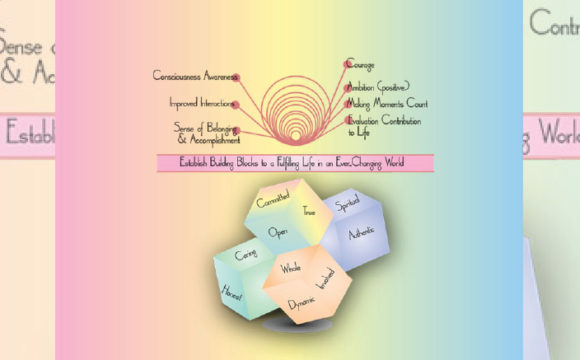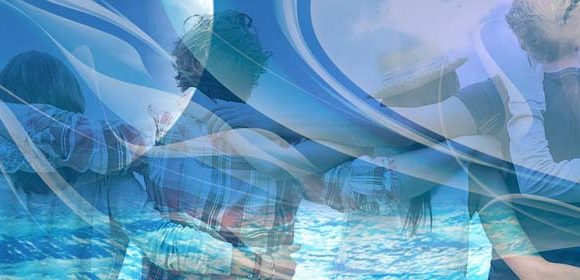Taken from : From One World to Another by Rita Rogers
One reason why we have such difficulty with the concept of passing away is that we have little, or even no, idea or evidence of what lies on the other side. Different cultures and religions offer their own descriptions of what the after life is like. Some suggest that there is a heaven for the good, a hell for the bad. Other religions embrace the idea of reincarnation into the world. Whatever we choose to believe in, and however strong that conviction is, it is natural still to fear passing away, for it is removal away from everything that we know. However bad this world is, given the choice most people would prefer to stay here than move on into the unknown. And even if we do believe that the spirit exists beyond death, then it is hard to imagine in what capacity, for we are so used to thinking of experience in physical terms. I am often asked, particularly in the case of those who have lost children, whether the person who has passed over is cold. This is understandable, since the process of death does affect the temperature of our bodies. But what we have to begin to realise is that over there we are no longer within that body, that we have moved on, and that we are not necessarily susceptible to the same physical sensations we knew in this world. Most of the images that we associate with passing away are related to the body that is left behind and to the grave: coldness, darkness, isolation and decay. But if we begin to try to imagine what it was like beyond our own physical being, the idea of dying might be easier to live with.
It is difficult describing the afterlife in three-dimensional terms. It is not like this world, it is not concrete or solid. It has no boundaries as such, no geographical position. It is certainly not made out of white clouds or fire and brimstone and it is neither above nor below us. It just is. The afterlife is in many ways a state of mind and by that I do not mean that it does not exist or is just a figment of an active imagination, but that it is more akin to a higher level of consciousness than a place we may have visited in this world. It is comparable to what happens when we go to sleep and dream. Then we move away from our physical bodies, into another plane of consciousness and are able to travel into another world. We still seem to look the same, we recognize people and we are capable of emotion, yet during these dreams nothing that we experience affects our body physically.
We are able to do all these things, have all manner of experiences, go to places and yet do it all without our bodies. Life in spirit is like another such level of consciousness.
The world I am describing is pieced together from the communications I have had with spirits. I do not claim to have the whole picture – it is only a glimpse. All I have are the fragments of experiences and visions that have been passed on to me. We cannot measure spirit life in the way that we measure this world; it is difficult to describe, or even imagine, a world that is superphysical and superior to what we know here, a life that does not know our normal limitations and dimensions.
When we die it is not as though we are transported to another universe. The spirit world does not seem to have fixed location or boundaries. Spirits seem to be free to travel between both worlds and the messages I receive indicate that they spend time in their own world but that they are capable of visiting us here. During a reading, for example, a spirit might allude to something that has happened since their passing from this side. It could be that they have noticed a change around the house, that something has been removed from their bedroom, that their family has bought a new dog. These are small pieces of information, but ones that add weight to the notion that spirits are always with us, although they have their own lives there, too. The spirit who communicates with us during a reading may not be one constantly watching us, but they transmit messages on behalf of the whole spirit world, coming to us in a form we will understand.



